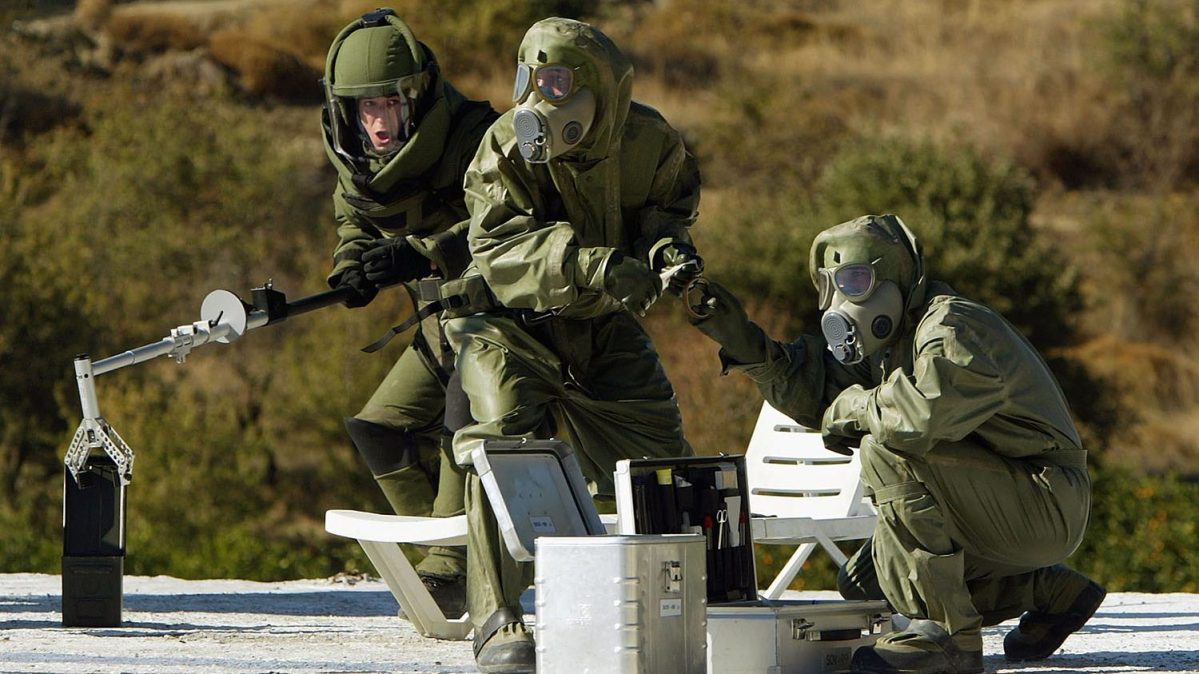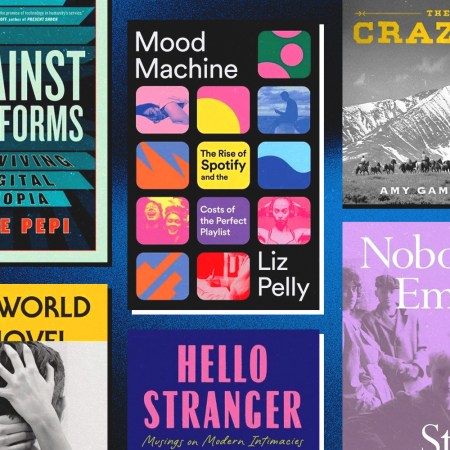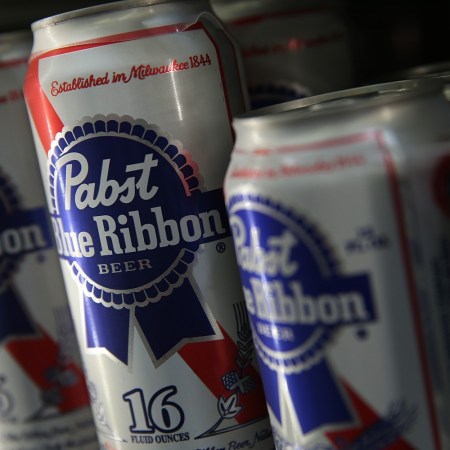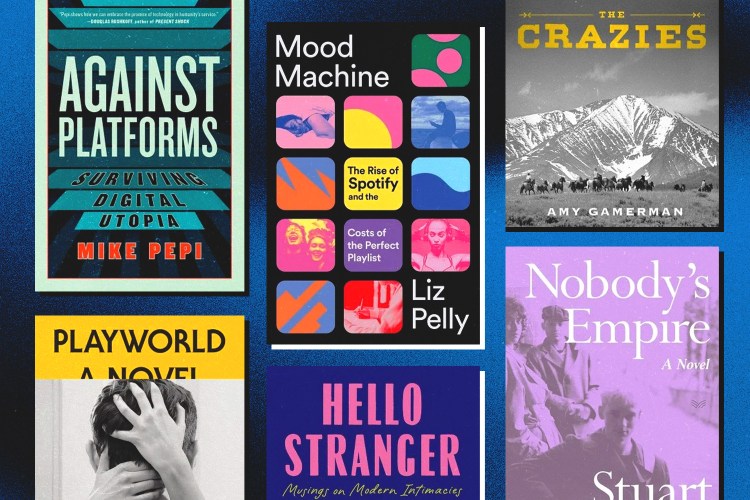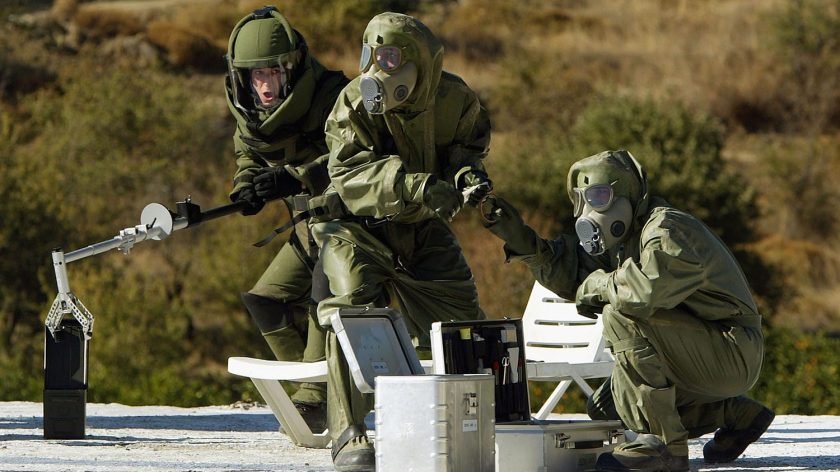
Modern biotechnology, a broad field that covers everything from vaccines and medication and even robotic-assisted prosthetics, would seem to be a net benefit for humankind.
So why do some global visionaries, like Bill Gates and Ash Carter, fear the future of biotech?
In an interview with Wired, former Defense Secretary Carter compared the destructive power of biotechnology to nuclear weapons, adding that the it poses a greater threat than any other technology. “Looking back decades from now, I do think the biological revelation could rival the atomic revolution for the fearsomeness of the potential,” he told Nicholas Thompson. “I think that’s one reason we need to invest in it.”
The same week, tech guru and public health pioneer Bill Gates shared similar fears. The Microsoft founder warned the Munich Security conference of the perils of biotechnology, according to The Guardian. “The next epidemic could originate on the computer screen of a terrorist intent on using genetic engineering to create a synthetic version of the smallpox virus … or a super contagious and deadly strain of the flu.”
Biotechnology has advanced rapidly over the last decade, setting the stage for genetically modifying (GM) organisms as well as the creation of entirely new ones. Today, scientists are using genetically modified mosquitos to fight malaria and the Zika virus. As a result of advances made in biotech, innovations, such as 3D printing organic tissue and a precise gene-editing technique called CRISPR, are being combined to form promising tech, such as custom-made organs for those in need of a transplant.

Fueled by the dropping cost of sequencing human genomes and the advent of CRISPR, concepts once thought of as impossible are becoming increasingly within the realm of the likely—and that’s part of the problem. With each innovation, comes the need for regulation. While much of biotech is widely-accepted, some of its most promising examples, like CRISPR, are highly controversial and therefore a partisan point of contention.
Biotech regulation efforts routinely into an ethical and political quagmire and fall between the cracks of bureaucracy. In January, the FDA issued sweeping guidelines regulating the use of animals, from cattle to dogs, with modified genes. Yet, the agency delegated regulatory duties of genetically-modified mosquitos, mentioned above, to the EPA because it’s intended to lower populations and could be classified a pesticide.
For some, biotech regulation is a matter of no consequence despite its inconsistencies. “I’m not sure that it matters very much to us who regulates, as long as it’s a transparent, predictable, and science-based regulatory process,” Jack Bobo, an executive at a biotech company working with GM mosquitos, told Science Magazine. But for many others, the stakes are raised because it’s regarding a matter of life and death.
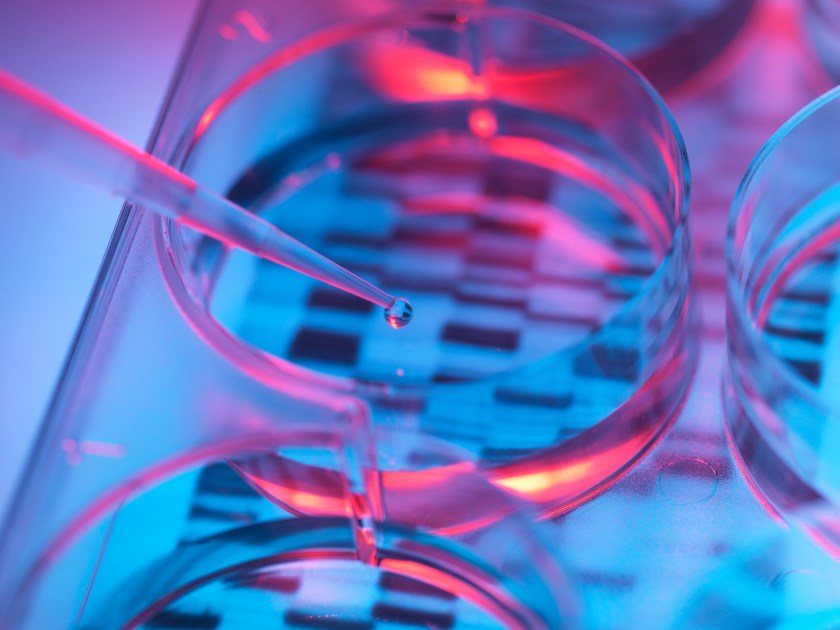
The U.S. Director of National Intelligence felt gene editing was so dangerous, it was added to its list of “weapons of mass destruction” in 2016. Perhaps Carter was only referring to gene editing when he brought up the threat biotech poses, comparing the “fearsomeness of the potential” to nuclear weapons.
In general, those citing this threat are worried about two scenarios: deliberate or accidental misuse. The former could happen a piece of biotechnology fell into the hands of a somebody with malicious intent, whether that’s a terrorist group or a scientist out to cause harm. Accidental misuse, another possibility some fear, could occur if a GM virus got out of its lab unintentionally or the advent of some nanorobotic vaccine had unforeseen consequences.
While there’s been no consensus on which of the two scenarios poses a greater threat or what elements of biotech pose the greatest threat, the answers to those questions could be determined by the next few years. Forbes reports there’s currently a lot of uncertainty in the industry given the current administration’s lack of transparency on regulations in biotech.
One thing’s for certain, whoever is charged with reviewed precautionary measures for this nascent tech has a lot to consider.
—RealClearLife
Whether you’re looking to get into shape, or just get out of a funk, The Charge has got you covered. Sign up for our new wellness newsletter today.
